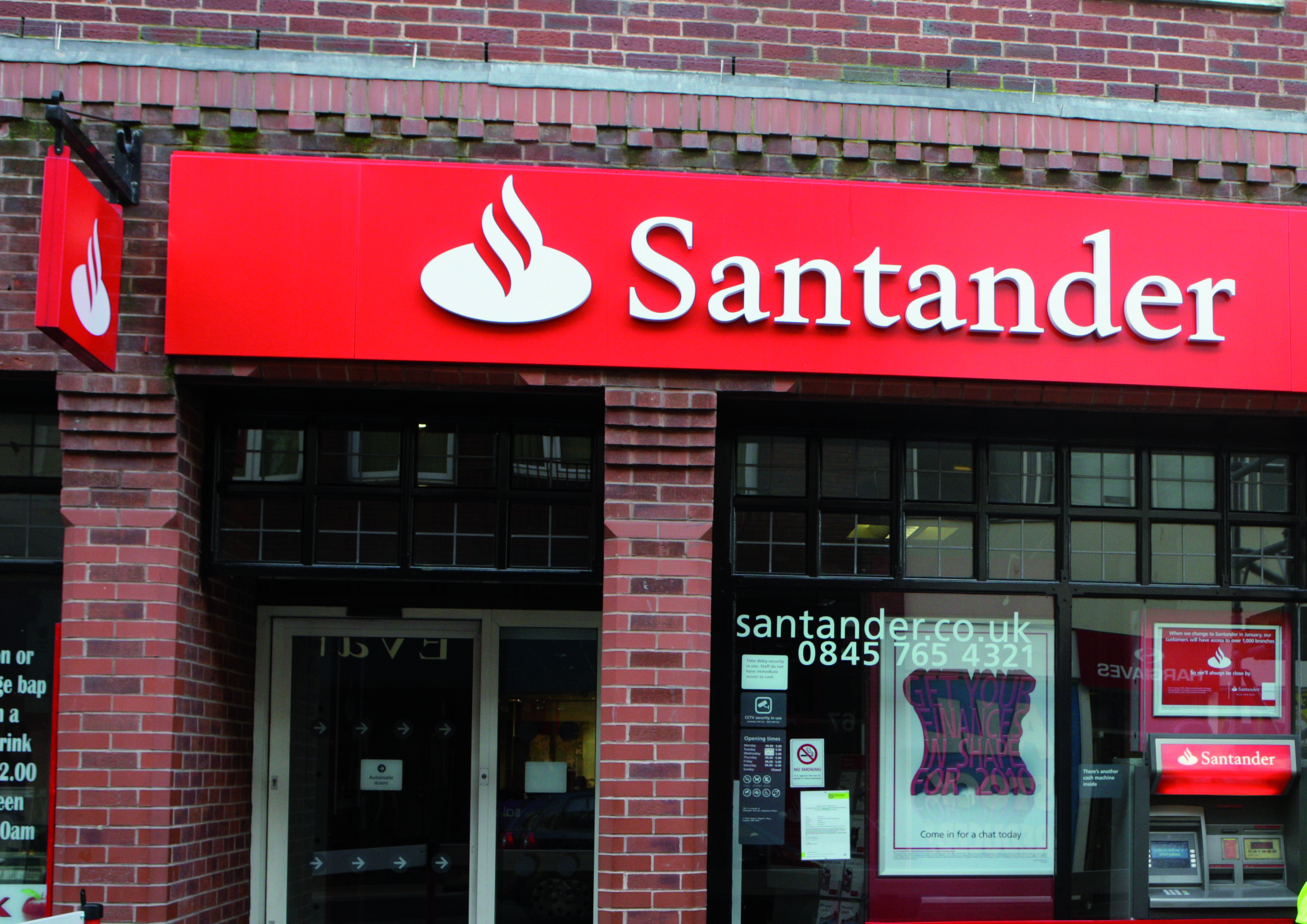The number of borrowers remortgaging has reached its highest level since November 2008, new figures have revealed.
 There has also been a rise in the number of first-time buyers and home movers taking out mortgages in the last year, according to UK Finance’s latest trends update.
There has also been a rise in the number of first-time buyers and home movers taking out mortgages in the last year, according to UK Finance’s latest trends update.
In January 2018, the figures show, there were 49,800 new homeowner remortgages which is 19.1% more than in the same month last year and the highest monthly number in nine years.
UK Finance has attributed this increase to many fixed rate mortgages coming to an end, prompting borrowers to lock into attractive deals ahead of predicted interest rate hikes.
The New Year is typically the time many people put their finances in order, so remortgaging is common in January. But this year’s growth is above the seasonal fluctuations UK Finance would expect.
Figures also showed 24,500 new first-time buyer mortgages completed in January, 7% more than the same month a year earlier.
The average first-time buyer, said UK Finance, was 30 and had a gross household income of £41,000.
Jeremy Leaf, north London estate agent and former RICS residential chairman said the increase in first-time buyers was a good sign for the market and a response to the abolition of stamp duty in November.
He added: “First-time buyers are taking advantage of a more level playing field, borne out by the reduction in buy-to-let purchases, now that investors are subject to stricter tax regulation and lending criteria.”
But Richard Sexton, director of e.surv Chartered Surveyors, said while the Government had shown its commitment to helping first-time buyers, more needed to be done to encourage movement in the second stepper and last-time buyer market.
He added: “Ultimately, lack of supply remains an issue. With many existing homeowners feeling unable to move due to financial restrictions, this is causing a bottleneck.”
Meanwhile, Mark Harris, chief executive of mortgage broker SPF Private Clients, said it was no surprise remortgaging rates were up with predicted interest rate rises on the horizon.
He said: “Many [borrowers] are choosing to lock into longer-term fixes of five years, as rates are still extremely competitive, even though they are now on the rise so it may be wise not to hang around for too long.”







